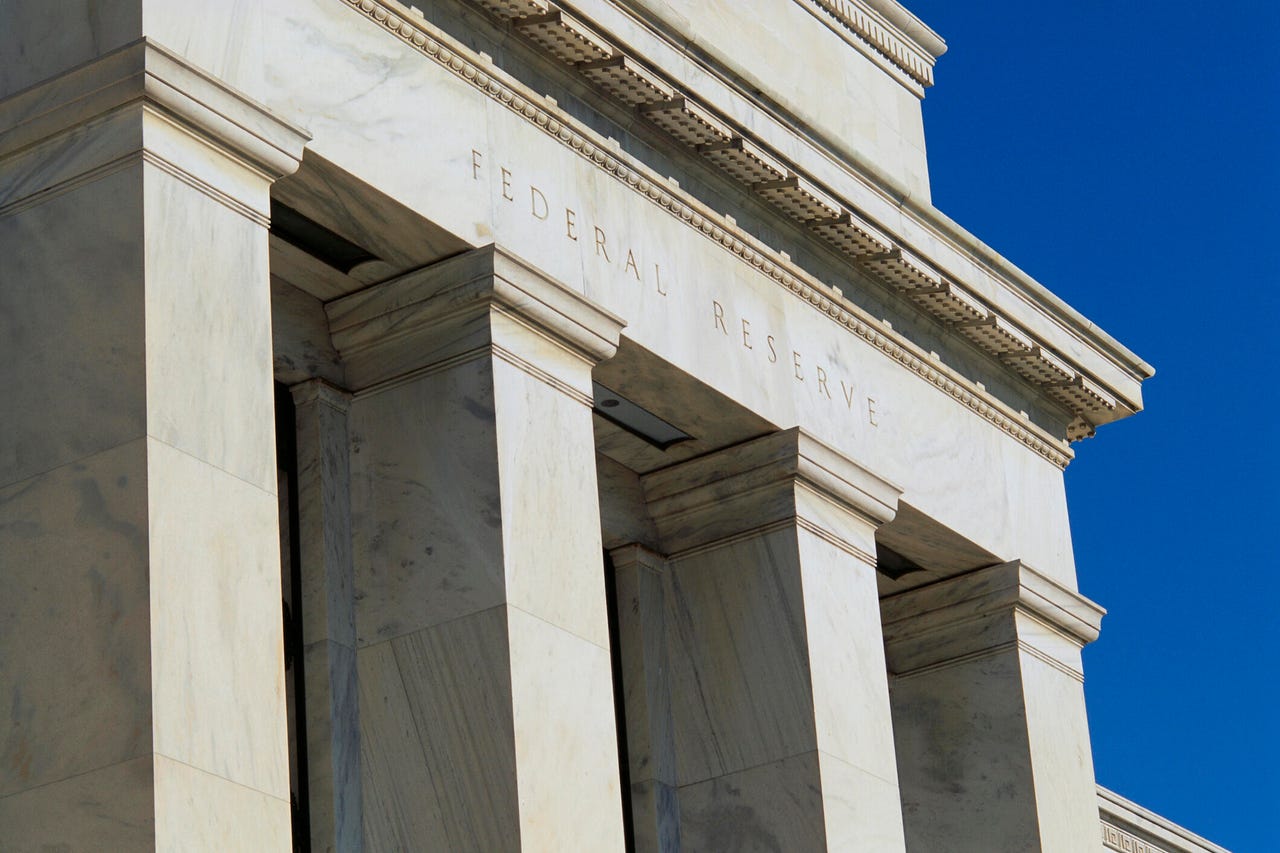Federal Reserve raises interest rates by 75 basis points for the second time; signals more rate hikes to come


The Federal Reserve announced Wednesday that it's increasing the federal interest rate by 75 basis points (bp), or three-fourths of a full percentage point. The move brings the national interest rate, or federal funds rate, to a range of 2.25% to 2.5%. In a statement, the Fed also announced that more interest rates are likely to come.
Inflation was measured in June at 9.1%, a four-decade high. According to Fed Chairman Powell, PCE prices -- the cost of goods and services -- rose 6.3% in the 12 months ending in May. By increasing interest, the Fed hopes to cool down the economy, and therefore get the cost of goods back under control. The target inflation rate is just 2%, well below where it currently stands.
Credit Cards
Higher interest rates mean greater interest for credit products and loans including mortgages and credit cards. It also increases the interest rate earned on savings and checking accounts. Despite the interest rate hikes, Kiplinger forecasts inflation to remain at 9% for the remainder of 2022 before slowing down in 2023.
"My colleagues and I are strongly committed to bringing inflation back down, and we're moving expeditiously to do so," Fed Chairman Powell said during the Fed's press conference.
"It is essential that we bring inflation down to our 2% goal if we are to have a sustained period of strong labor market conditions that benefit all," he added.
This is the fourth interest rate hike by the Fed this year, beginning back in March, as the Fed continues to take an aggressive stance against inflation. They raised the interest rate by 25 bp in March, then by 50 bp in May, and 75 bp in June. The increase in June marked the most drastic increase by the Fed since 1994. This most recent interest hike passed unanimously.
"Recent indicators of spending and production have softened. Nonetheless, job gains have been robust in recent months, and the unemployment rate has remained low. Inflation remains elevated, reflecting supply and demand imbalances related to the pandemic, higher food and energy prices, and broader price pressures," the Fed said in its statement.
The Fed also indicated it will continue reducing the size of its nearly $9 trillion balance sheet, carrying through on a plan it announced back in May.
As inflation continues to rise, so too does fear of a possible recession. According to a Bloomberg survey completed in mid-July, the likelihood of a recession occurring in a 12-month period has increased from 30% in June to 47.5%. However, Powell indicated that the Fed does not think the US is currently in a recession, pointing to the strong labor market with job growth rates and low unemployment.
Markets expect the Fed to increase interest rates by another 50 bp in September, but it is possible that they will increase it even more than that. Powell indicated during the press conference that while greater increases aren't likely, they aren't off the table.